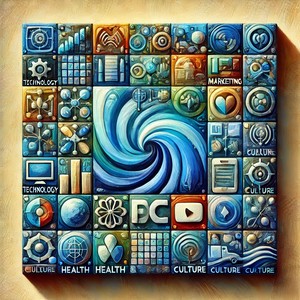What is chemistry
What is chemistry. Chemistry is the central science between biology and physics. This branch of science deals with the most basic elements of reality, living organisms, fundamental particles, molecules, atoms and chemical processes. It deals with the properties and reactions of these substances with other new substances. The main focus of chemistry is on ions, atoms, and molecules that in return make compounds and elements. These chemical items interact with each other with chemical bonds. The important thing to note is the interaction between energy and matter is also discussed in the field of chemistry. there is also detailed knowledge of the properties of elements and compounds, their composition, structure and how they change. The release and absorption of energy from these elements during changes are also studied in chemistry. the main branches of chemistry are Organic Chemistry, Inorganic Chemistry, Physical Chemistry, Biochemistry, Analytical Chemistry and Chemistry Reactions. Besides these branches, many specialized fields of chemistry interact with cross-disciplinary matters. Such as nuclear chemistry, environmental chemistry, medicinal chemistry, neurochemistry, polymer chemistry, materials chemistry, and thermochemistry. There are unlimited examples of chemistry around us and chemical reactions constantly taking place in the human body. The human body consists of chemical reactions such as the movement of muscles and the digestion of food. The photosynthesis process enables plants to convert sunlight, water and carbon dioxide into oxygen and glucose, which is a great example of a chemical reaction. Detergents and soaps used for hygiene work are made after a chemical process called emulsification. After that, they passed through a chemical process known as saponification. https://pcweb.info/contributions-of-alchemy-to-chemistry/?lang=en

